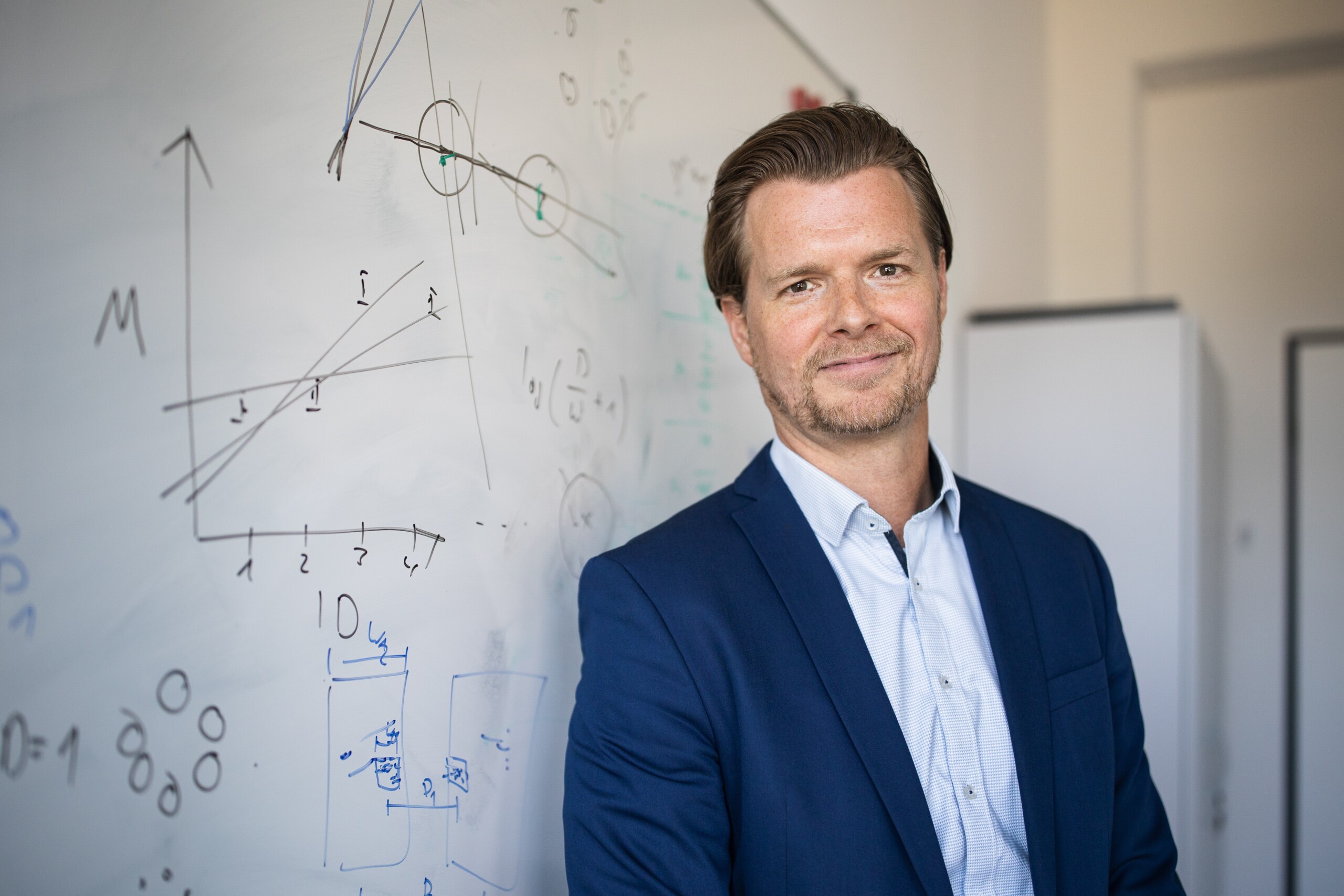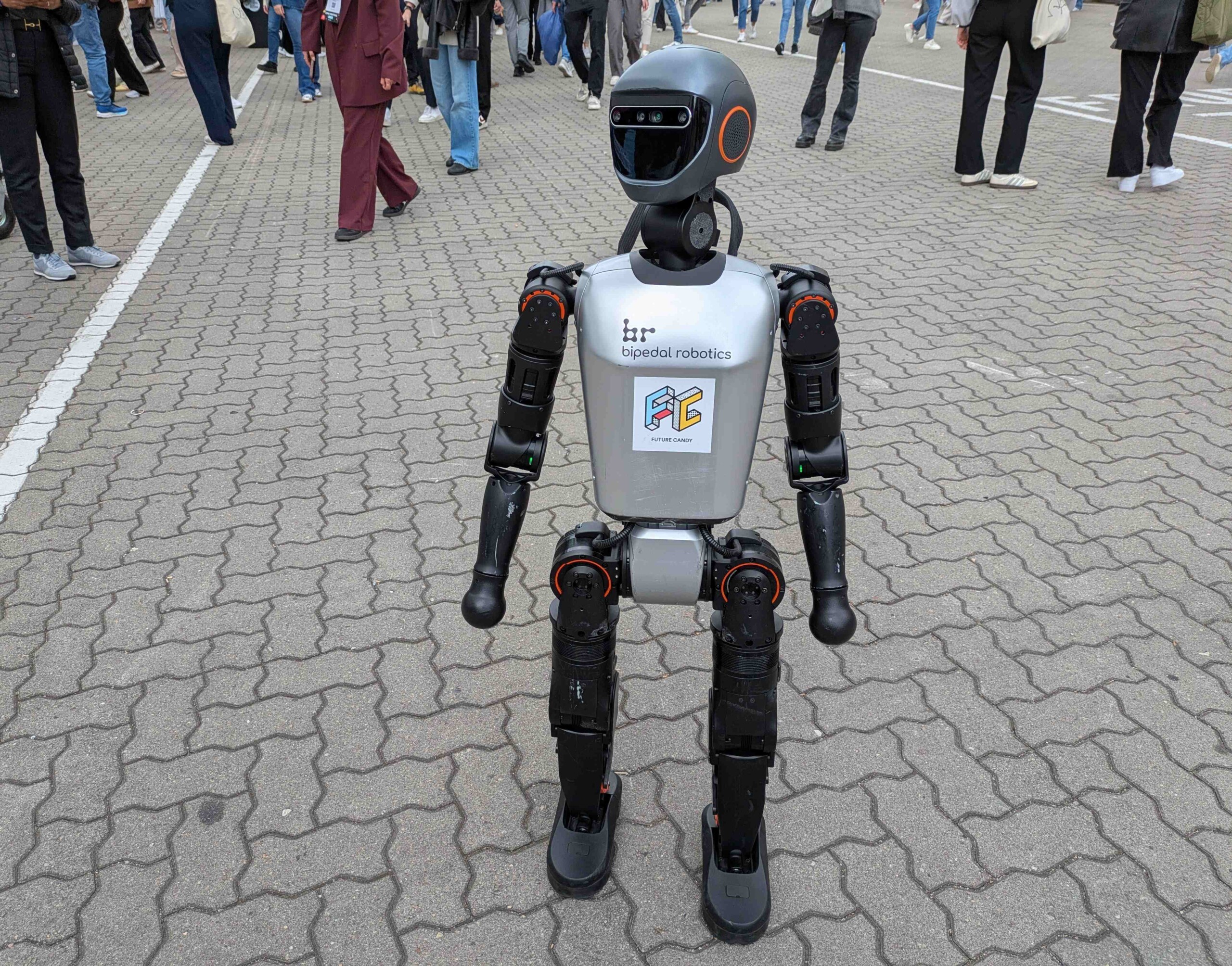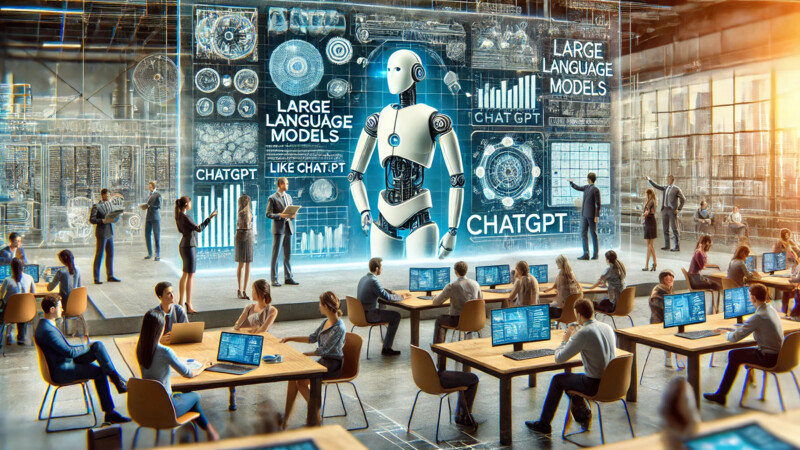Hamburg News: China is pushing ahead with humanoid robotics on a huge scale, and if these robots go on sale, their prices will come down. What opportunities might this open up?
Frank Steinicke: "There's a chance that companies might start moving back to countries where the cost of labour is lower. You could achieve that with low-cost production robots. But that'll take years, or even decades."
Hamburg News: We'll probably see support from AI agents much sooner. But, what can these systems do?
Frank Steinicke: "AI agents are a kind of anthropomorphic representation of AI. We talk to the technology quite naturally, give it orders and even thank it for any work done. In this way, the computer is transformed from a tool into an assistant. And in future, it may even become a partner that challenges and inspires us intellectually with its wealth of knowledge. But it remains an assistant like a trainee, who we tell what to do and whose results we have to check repeatedly. However, if we were to link our existing tools such as location recognition in our mobile phones, traffic data, appointment calendars and contacts, AI agents would be able to spot when our schedule is in danger and automatically re-schedule follow-up appointments."
Hamburg News: Could we also be dealing with a destructive AI agent?
Frank Steinicke: "We are already seeing tens of thousands of automated attacks on critical infrastructure in Germany every day. There are also attacks on the German economy, which are costing many companies dearly. But the bigger problem at the moment is the 'pollution of the internet' by AI agents and chatbots. They are flooding the web with (false) information and it is impossible to recognise whether bots or humans are sharing messages. That forces us to scrutinise information constantly and look for other sources."
Hamburg News: How creative is AI at present?
Frank Steinicke: "We distinguish between 'Little C' and 'Big C', i.e., little or extraordinary creativity. AI can reproduce very well and create something new from it, even gradually. But Big C, like a new Mozart or Goethe, is unlikely to emerge in the foreseeable future. However, AI can accelerate ideas. If you're creative, you could ask your AI agent to come up with ten suggestions about any random topic and get them in seconds. None of these suggestions are going to be entirely new, but the seventh one might encourage you to adopt a new approach. The AI agent has done the hard work, so to speak, and incredibly swiftly."
Hamburg News: Finally, in which direction is the pendulum swinging? Is AI saving or destroying the world?
Frank Steinicke: "I'm a technology realist and I'm convinced that AI can make our world a better place. But we do need to make sure that AI is available all over the world. This 'better' thing is often just more convenient and quicker, really. When AI takes over routine tasks, it frees up more time for doctors to focus on patients as people. Thus, the technology makes us more humane."
Hamburg News: Thank you very much for the interesting conversation.
Interview by Yvonne Scheller





